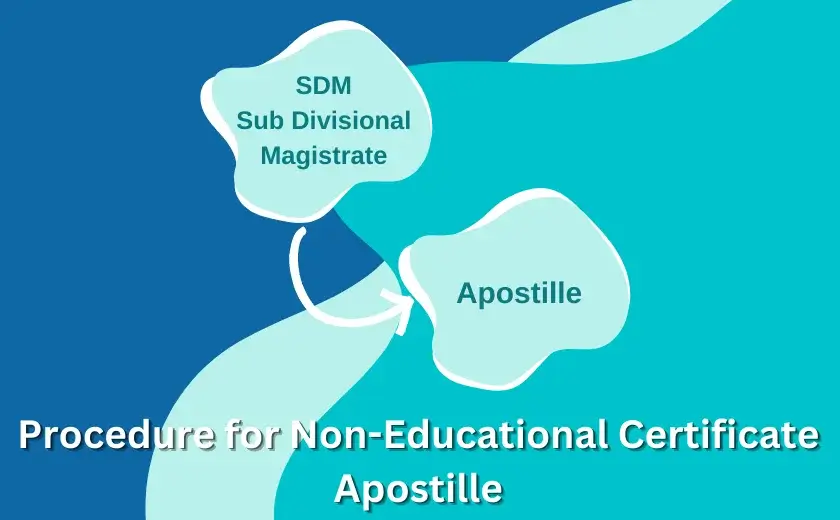
Australia Certificate Attestation
The procedure to validate Australian official records for international acceptance is known as Australia Certificate Apostille. The authentication process in Australia depends on the Hague Convention status of the destination country since Australia belongs to the Hague Apostille Convention.
Apostille Process for Australian Documents
Determine if Notarization is Required
Most authentic records including birth certificates and marriage certificates from the original source do not require validation through notarization.
Firstly Educational and private documents need authentication from Notary Publics who work in Australia.
The Department of Foreign Affairs and Trade (DFAT) needs the documentation for approval.
The Department of Foreign Affairs and Trade verifies the document before they provide it with the apostille certificate.
The apostille document ensures authenticity so the recipient can use the document without additional embassy attestation.
Use the Document Internationally
The document obtains full legal validity in all Hague Convention member states after undergoing Australia certificate Apostille, since no further attestation is needed.
The process of Australia Certificate apostille requires between five and ten business days according to Department of Foreign Affairs and Trade standards.
Standard Processing: 5 to 10 business days (DFAT processing time).
Urgent Processing: This service is available depending on the policies set by DFAT.
Additional Time: A process of 1 to 3 additional days will be needed if notarization is mandatory.
The Department of Foreign Affairs and Trade (DFAT) creates Australia Certificate Apostille for multiple Australian documents for Hague Convention nation usage. These include:
1. Personal Documents
- Birth Certificates
- Marriage Certificates
- Death
- Divorce Decrees
- Police Clearance Certificates (National Police Check) represents one of the documents requiring apostille services from DFAT.
- Change of Name Certificates
2. Educational Documents
- Degree Certificates
- Diplomas & Transcripts
- School Leaving Certificates
- Training and Professional Qualification Certificates form one part of the various Australian documents that need Hague Convention certification.
The process of notarization must come before apostille processing from DFAT for educational diplomas.
3. Business & Commercial Documents
- Power of Attorney
- Business Registration Certificates
- Commercial Agreements & Contracts
- Certificates of Incorporation
- Taxation Documents
All business-related documentation needs state authority verification and notarial stamp followed by an apostille procedure.
4. Court & Legal Documents
- Affidavits & Statutory Declarations
- Court Judgments
- Wills & Probate Documents
Importance of Australia Certificate Apostille
Legal Recognition in Hague Convention Countries –
These documents receive acceptance without needing further attestation through Australian embassies.
Simplifies International Use –
The process of saving time and effort is more beneficial than seeking complete legalization for countries outside of the Hague Convention.
Mandatory for Work, Study & Immigration –
Essential for visa applications, university admissions, and permanent residency.
Business & Commercial Transactions –
During business operations outside the domestic territory the document needs documentary attestation for company registration, power of attorney, and legal agreements abroad.
Prevents Document Rejection –
This procedure facilitates efficient processing requirements within education, official procedures as well as employment applications.

